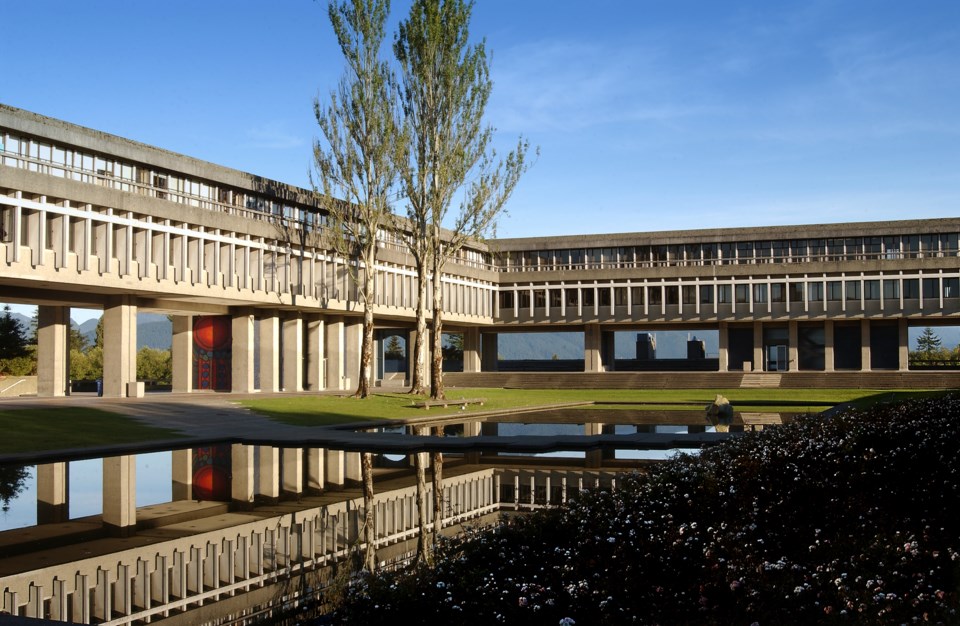Professors at Simon Fraser University are boning up on their contract negotiation skills as they prepare to hammer out their first-ever collective agreement with the university.
The SFU faculty voted 73 per cent in favour of forming a union during a Labour Relations Board vote last week, becoming the last public university faculty in B.C. to join the union fold.
The vote was the culmination of a process that started last spring at the SFU Faculty Association annual general meeting, when about 30 members unexpectedly put forward a resolution saying the association should explore the question of unionization.
It passed, and subsequent forums arranged by the association showed a groundswell of support.
“It turned out that there were a whole lot more than 30 people who were interested,” association president and SFU business professor Neil Abramson told the NOW.
It was a sudden change from less than a year before when only about a third of the membership supported unionization.
What caused the shift?
One factor has been salary and benefits, according Abramson.
After negotiations went to arbitration this year, SFU’s faculty got only a two per cent wage increase, while unionized UBC and UNBC got 2.5 per cent, and UVic got two per cent and a $1,000 per-member signing bonus.
“We got the least amount, so our members were really pissed off about that,” Abramson said.
Average salaries for full-professors at SFU already ranked among the lowest in Canada because of salary ceilings, according past-president and engineering professor Glenn Chapman.
But he said what really spiked interest in unionization during his tenure in 2012/13 was the Learning Outcomes and Assessment Initiative, an attempt by administration to require all academic units at SFU to clearly identify and maintain learning outcomes at both the course and program level.
The initiative raised the ire of many members, who felt the increased paperwork would divert time away from research and teaching.
“That was certainly an irritant,” Abramson said. “The position seemed to be that that was an aspect of university governance and therefore we couldn’t address it as a faculty association.”
Before last week’s vote, the faculty association’s relationship with administration was governed by a framework agreement and was limited to bargaining related to salary and benefits, not issues of governance.
Since Abramson and others who spoke to the NOW don’t think unionization will do much to increase salaries under the current provincial government, increased influence on university governance will be the biggest benefit to unionization.
“What we’re interested in is governance; we can address quality of work life; we can address working conditions in a way that we’ve never been able to do as an association,” Abramson said.
But unionization is not without its opponents on the faculty.
Although debate at forums leading up to union certification wasn’t acrimonious, it was passionate, according to Hilmar Pabel, a history professor and past president of the faculty association.
He and a number of his colleagues were concerned about the potential of strikes in the future.
“I do not want to strike against my students,” Pabel told the NOW. “Students pay $5,000 or more every year to come to class, and I do not want to be in the situation where I tell people, who are paying good money, and money that they borrow or work hard for, ‘I’m sorry. The union’s said I can’t teach.’”
Chapman, who said he was neutral on the unionization question, nonetheless urged his colleagues to consider the full implications of a potential strike.
He pointed to a recent strike at the University of New Brunswick that saw faculty locked out and their access to email, library resources and research facilities cut off.
Pabel also raised concerned about what will happen to the strong academic freedom language in the now-lapsed framework agreement.
“Everything in our framework agreement is now up for grabs, so we could lose that,” he said.



